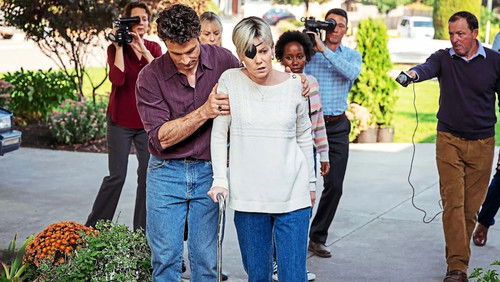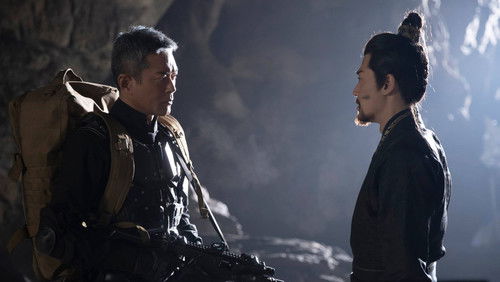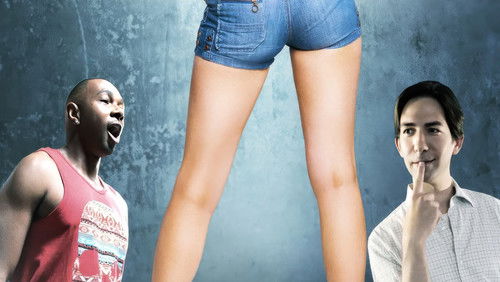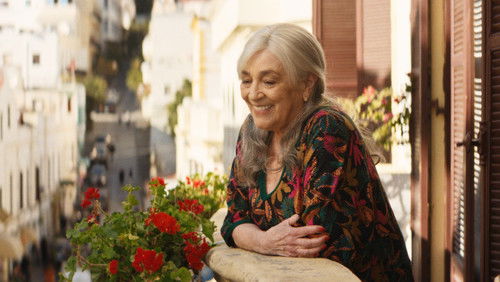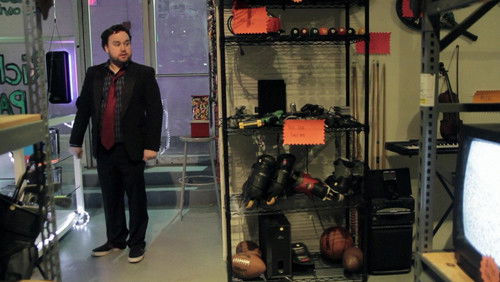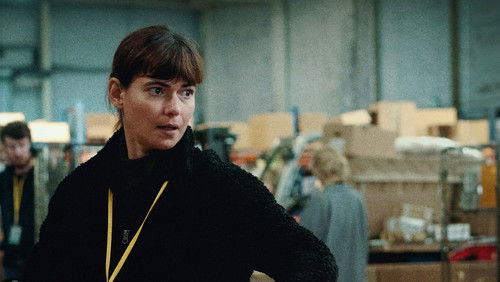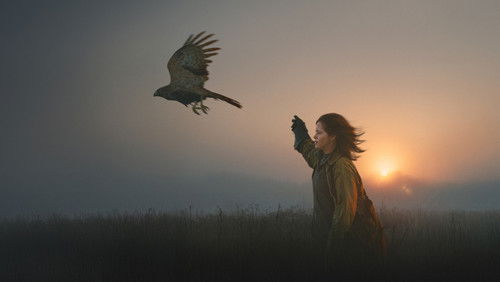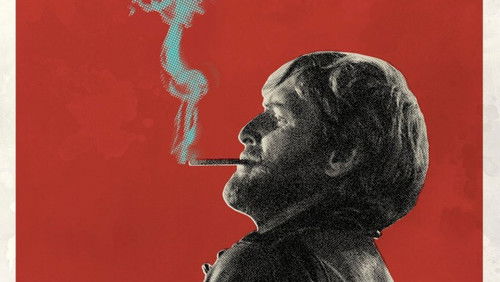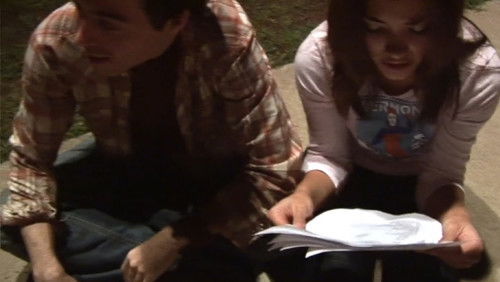Stroszek (1977)
39KStroszek: Directed by Werner Herzog. With Bruno S., Eva Mattes, Clemens Scheitz, Wilhelm von Homburg. In Berlin, an alcoholic man, recently released from prison, joins his elderly friend and a prostitute in a determined dream to leave Germany and seek a better life in Wisconsin.
“I recently watched Michael Winterbottomu0026#39;s 24 HOUR PARTY PEOPLE, where Ian Curtis hangs himself while watching the chicken dancing sequence in STROSZEK. Heu0026#39;d probably done that anyway, but Herzogu0026#39;s portrait of three eccentric oddballs trying their luck in America, is a sombre film, the most downbeat Herzog made. The only copy I own is a rather dark VHS-copy, which shows some of the interior shots in Berlin even darker than they already are, to the very limit of watchability, so perhaps itu0026#39;s time I update this beautiful film with a proper DVD.u003cbr/u003eu003cbr/u003eThe film handles the story of former asylum inmate Bruno S. (THE ENIGMA OF KASPAR HAUSER) as a Berlin street singer (in a role where he basically plays himself), who joins with his prostitute girlfriend Eva (Eva Mattes) and ageing eccentric friend Scheitz (Clemens Scheitz) to embark on a memorable journey, leaving modern Berlin, for the golden opportunities of America. The u0026#39;promised landu0026#39; is represented by the dreary, austere town of Railroad Flats in rural Wisconsin, where they settle in a mobile home bought on credit, but it turns out America is not gonna fulfill their dreams that easily. u003cbr/u003eu003cbr/u003eShot in winter, Berlin is shown as a cold, forbidden and lacklustre place. Not a ray of sunshine. The dark facades of the battered apartment blocks, downlit bars filled with smoke and shabby characters, the only goal the folks in Brunou0026#39;s world seem to have, is merely make the best of things. u003cbr/u003eu003cbr/u003eOften read as a critique of how capitalist American society destroys the individual, Herzog sees the film as less a critique of the United States than as u0026quot;a eulogyu0026quot; in the wake of the American dream, for such shattered hopes could develop in virtually any country (see u0026quot;Herzog on Herzogu0026quot;, p. 144). He does throw in some of the eccentricities of American life, but above all, itu0026#39;s a somewhat surreal account of three simple folks, short-changed in life, desperately trying to make ends meet. From the start itu0026#39;s clear that these three are made for each other. They simply do not fit in any stratum of society really. Theyu0026#39;re too fragile for the world of pimps and low lives that formed the background of their lives in Berlin. Although not dumb, Bruno is too half-witted to be taken seriously by most people. Evau0026#39;s background is not fully explained, but sheu0026#39;s emotionally fragile and dependent, while elderly Scheitzu0026#39;s chances to get ahead in life seems to lay in the past. u003cbr/u003eu003cbr/u003eItu0026#39;s a bleak and uncompromising film, this tragicomic account of this odd trio in pursuit of a better life outside the dreary confinements of Berlinu0026#39;s lower casts of society, but itu0026#39;s so intensely moving and honest with its subjects, that alone is something to admire.u003cbr/u003eu003cbr/u003eCamera Obscura — 9/10”
